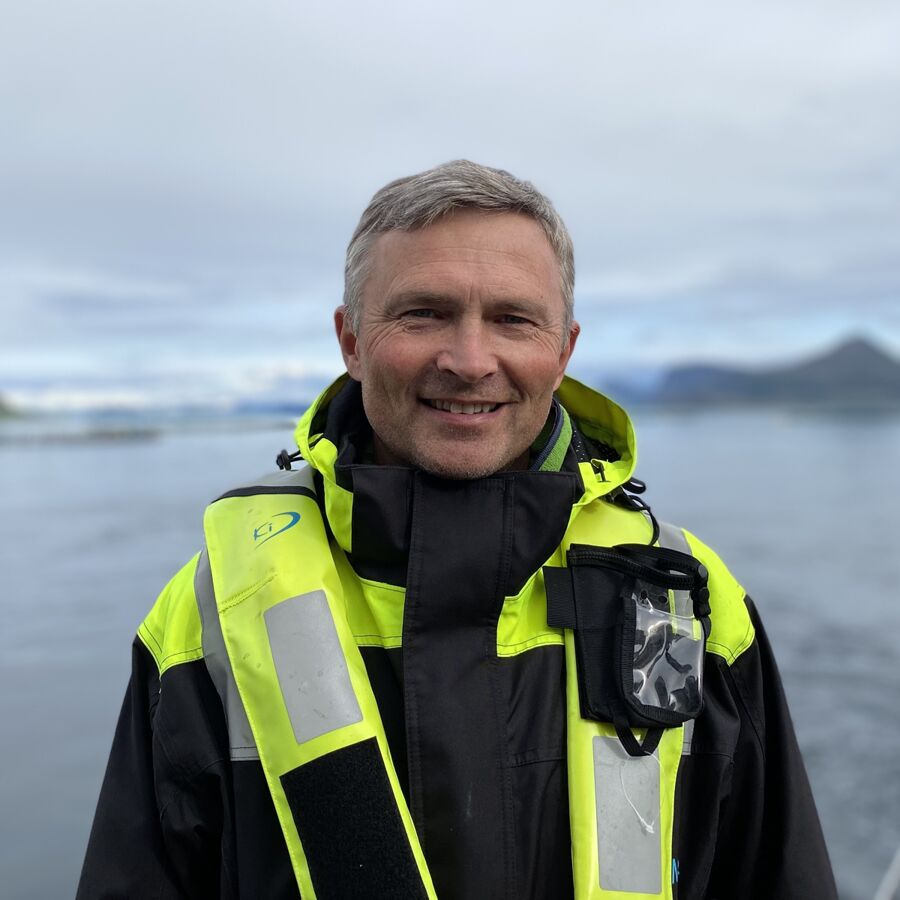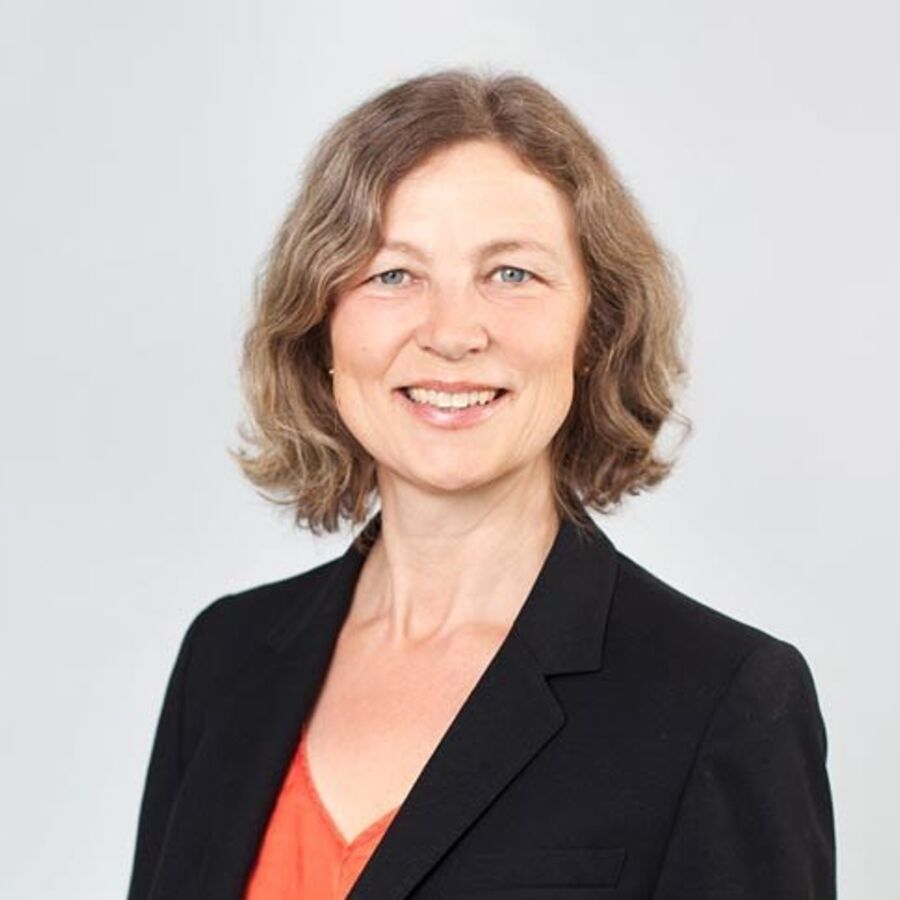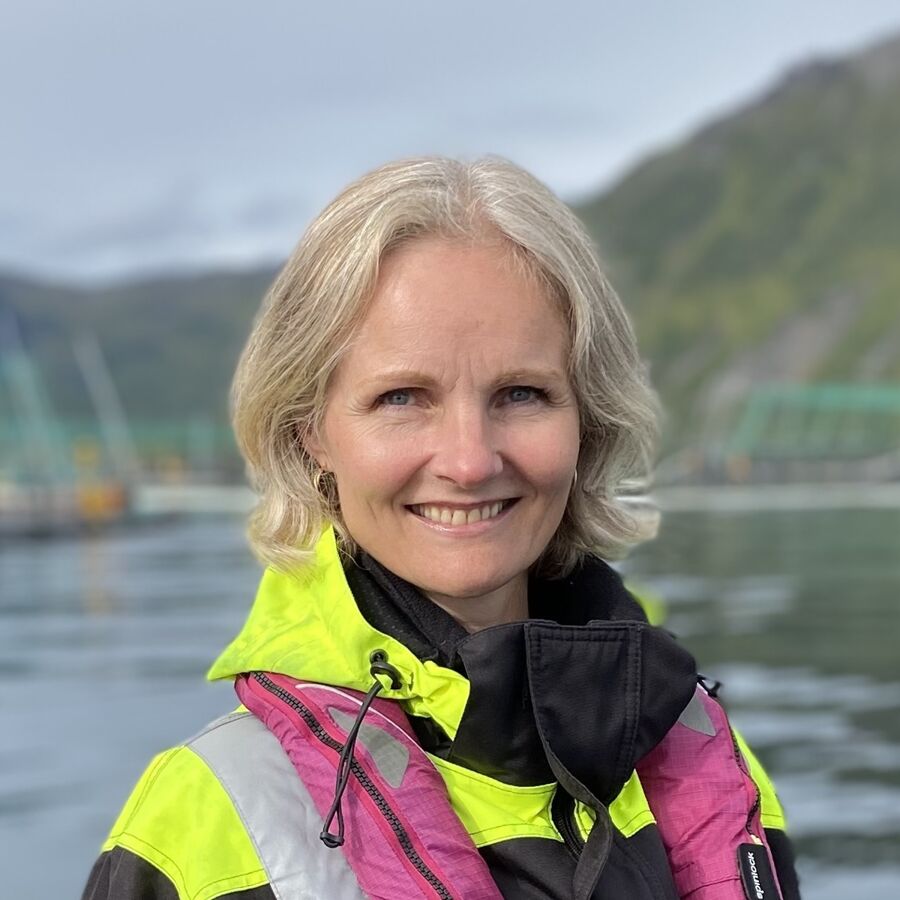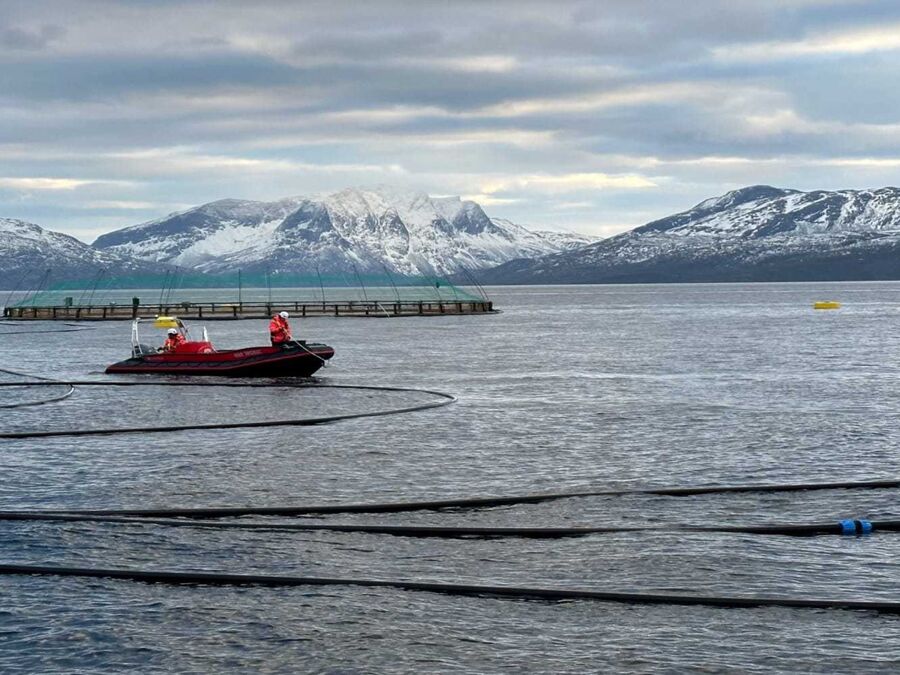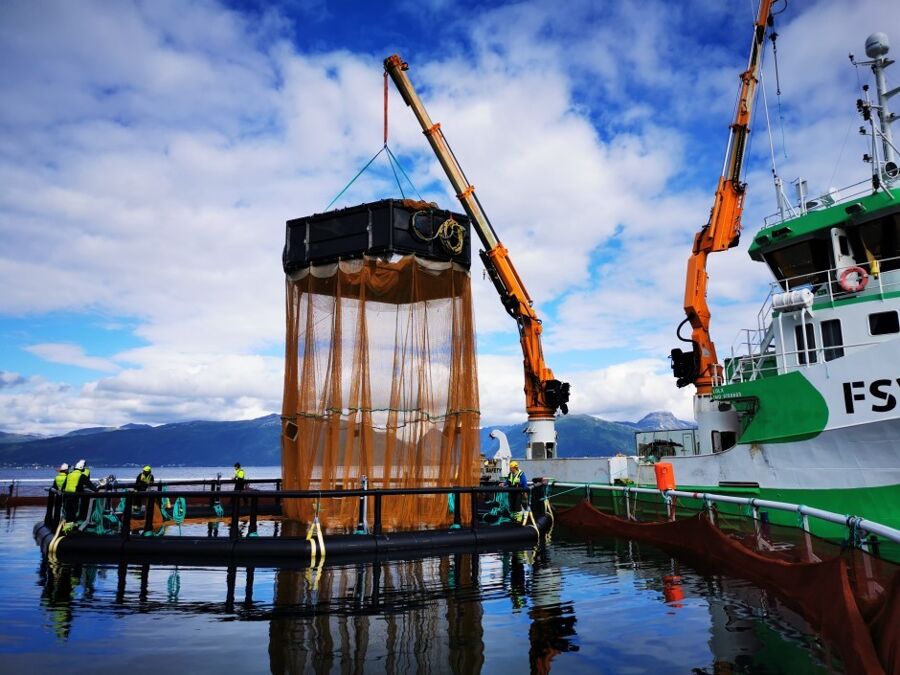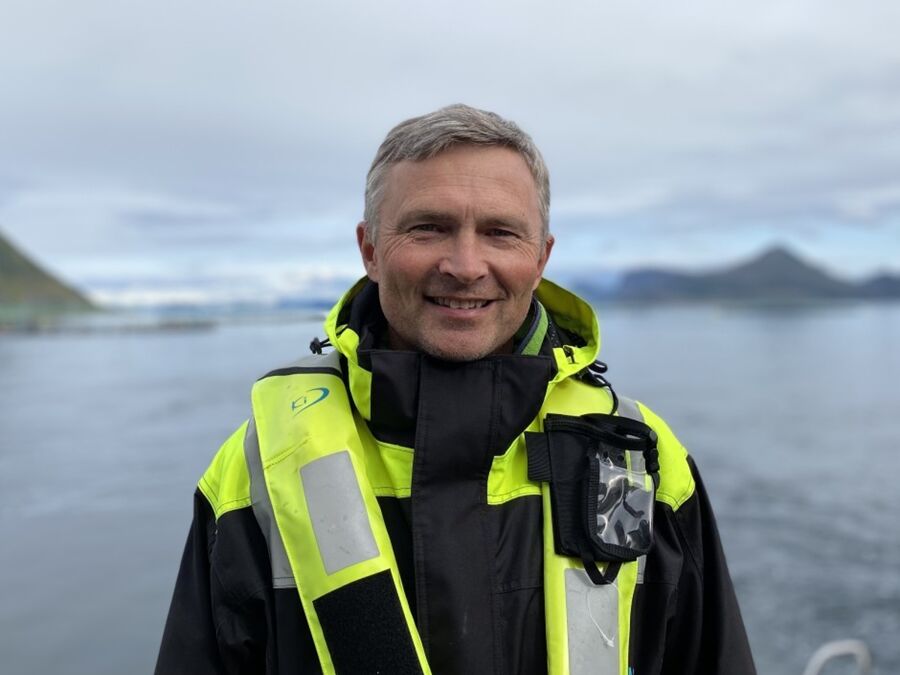News
23.08.2021
Cermaq cooperates with Norwegian start-up kelp producer
Cermaq and Folla Alger enter into an agreement on integrated salmon and kelp farming in collaboration with leading research environments in Norway. The companies will utilize nutrients from the salmon cages for farming kelp but will also develop kelp into a new feed raw material for salmon.
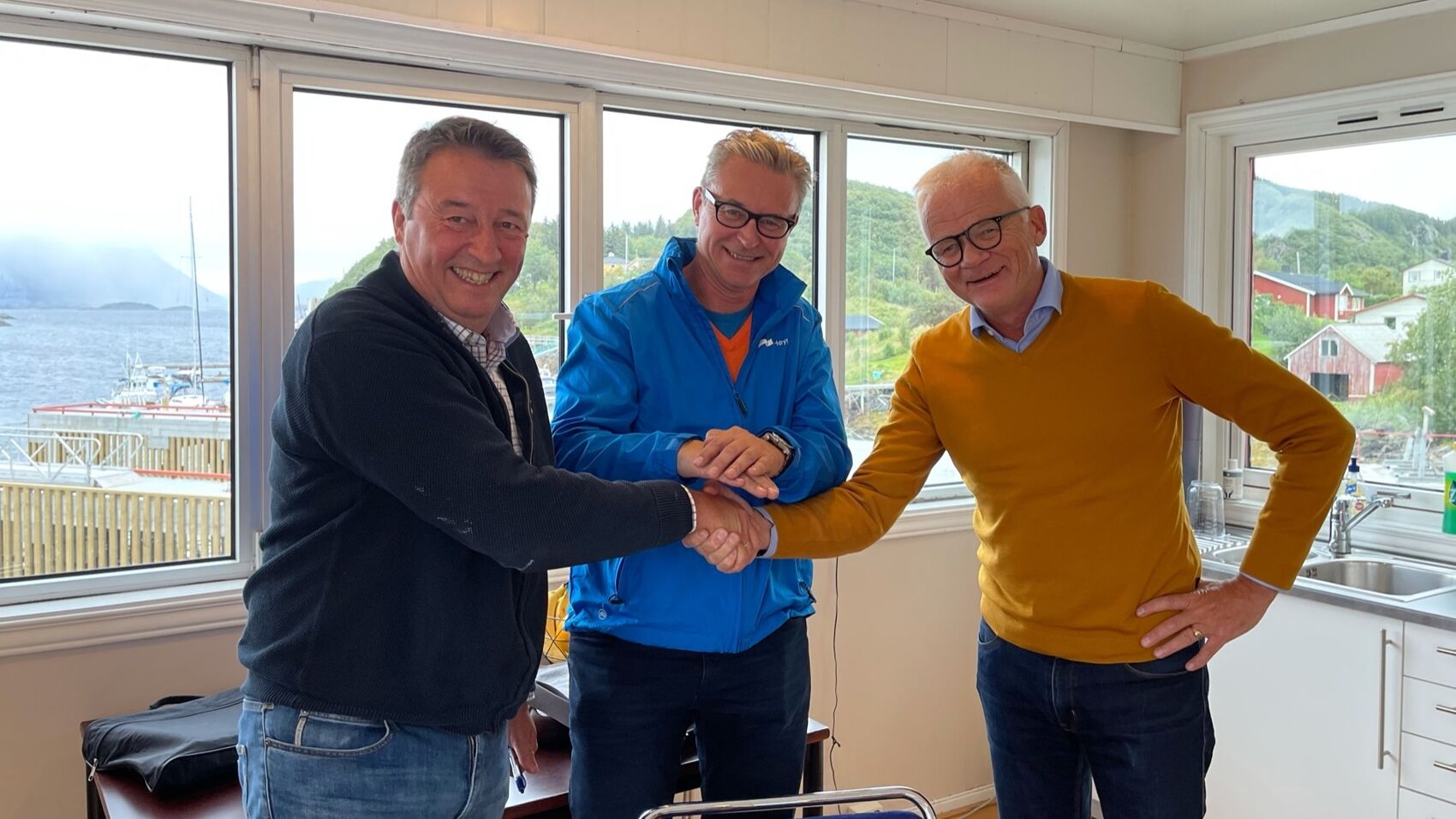
- We want to contribute to developing a new industry and provide environmental benefits, but also jobs and ripple effects. That is why we are very happy to start the project together with Cermaq, which is a driving force on climate and the environment, says chairman of the board of Folla Alger, Mr. Tarald Sivertsen
The recent climate report from the UN strengthened the urgency to take measures that can reduce greenhouse gas emissions in line with the 2-degree target in the Paris Agreement. Aquaculture and seafood play an important role in the green shift, and algae can both reduce emissions and be an alternative raw material in feed.
Collaborating with research environments
Some of the nutrients released from salmon cages are water-soluble. These nutrients will fertilize the algae and lead to increased carbon capture.
- Algae are part of the green shift, and we have great faith in algae production as a future industry. This is also the reason why we have included SINTEF, NOFIMA, Nord University and NTNU as leading research environments on how we can develop kelp production, says Knut Ellekjær, managing director of Cermaq Norway.
Circular economy
The goal of the research project is to test in full scale a new type of plant for integrated production of salmon and kelp. Along the way, the project will look at how the nutrients from the salmon cages are taken up in the kelp, how the kelp production affects the aquatic environment in the cages, and what effect the integrated production has on the health of the fish in the cages.
In addition, the project aims to develop kelp into a new feed raw material for salmon.
- Integrated salmon and kelp farming enables us to both utilize nutrients around the farming cages as a resource, and that we get more alternative feed raw materials. It is good circular economy, and will help reduce the footprint from salmon farming, says Knut Ellekjær.
- There are great opportunities in developing the aquaculture of the future. Therefore, I also think that this is an exciting collaborative project. Algae are important for marine life and may play an important role in future food supply. I wish Cermaq and Folla Alger all the best of luck on the journey ahead, says Minister of Fisheries and Seafood Odd Emil Ingebrigtsen.
Cermaq has also been engaged in kelp production in BC, Canada through co-production trials with several First Nations, to pilot commercial kelp production. The projects were led by North Island College’s Centre for Applied Research.
Press contacts
